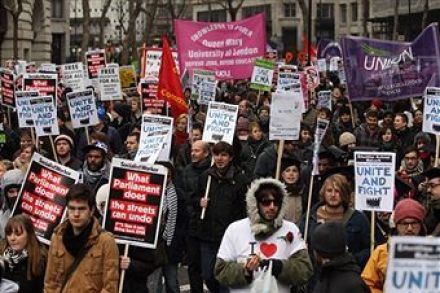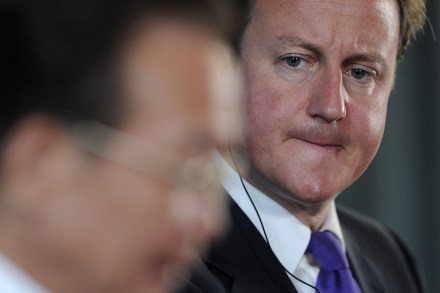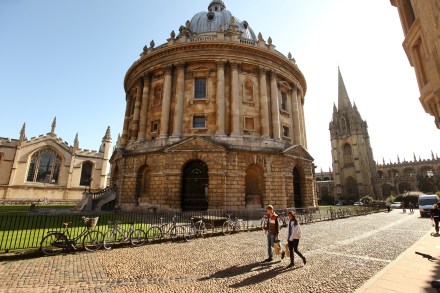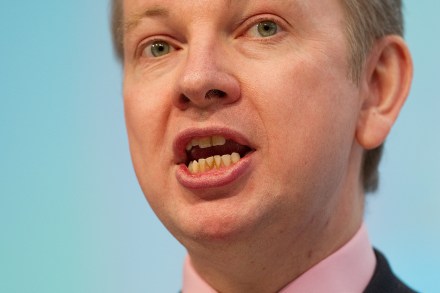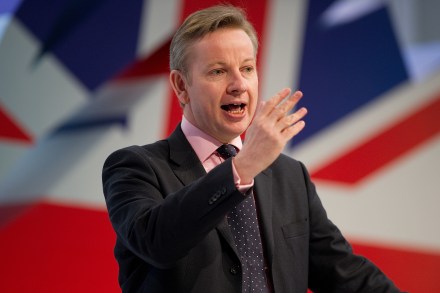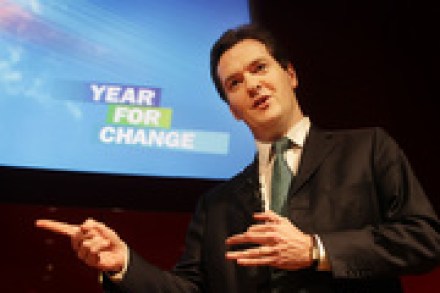Schooling the judges
The judges are judging the judges, or at least judging by the cover of this morning’s Times (£) they are. “Radical reform of the selection of judges,” some leading figures tell the paper, “is needed to break the stranglehold of white Oxbridge males at the top of the judiciary.” The story continues inside the paper, with a tranche of statistics on just how white, Oxbridge and male the judiciary actually is (i.e. very). It all reminded me of a table we put together for Coffee House some months ago, and which I thought I’d excavate this morning. Here it is, with judges sitting firmly at the bottom: Of course, some


